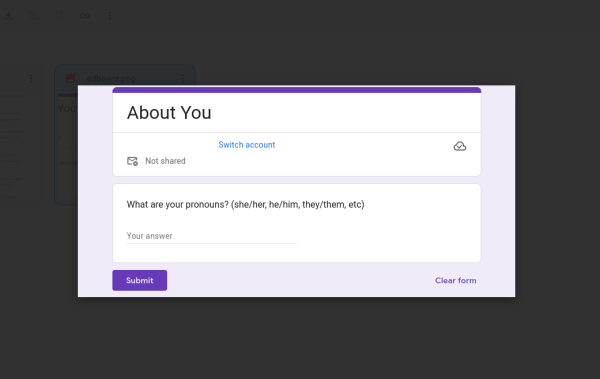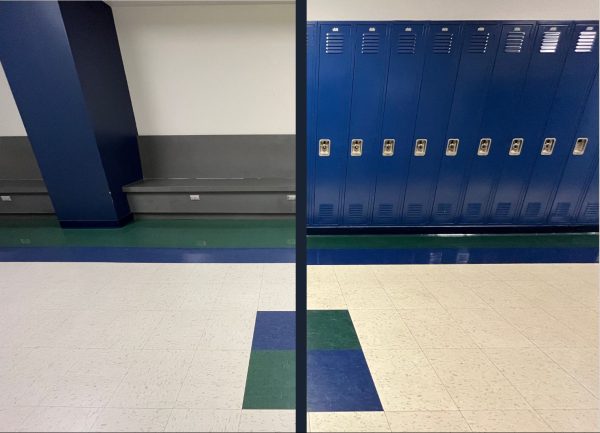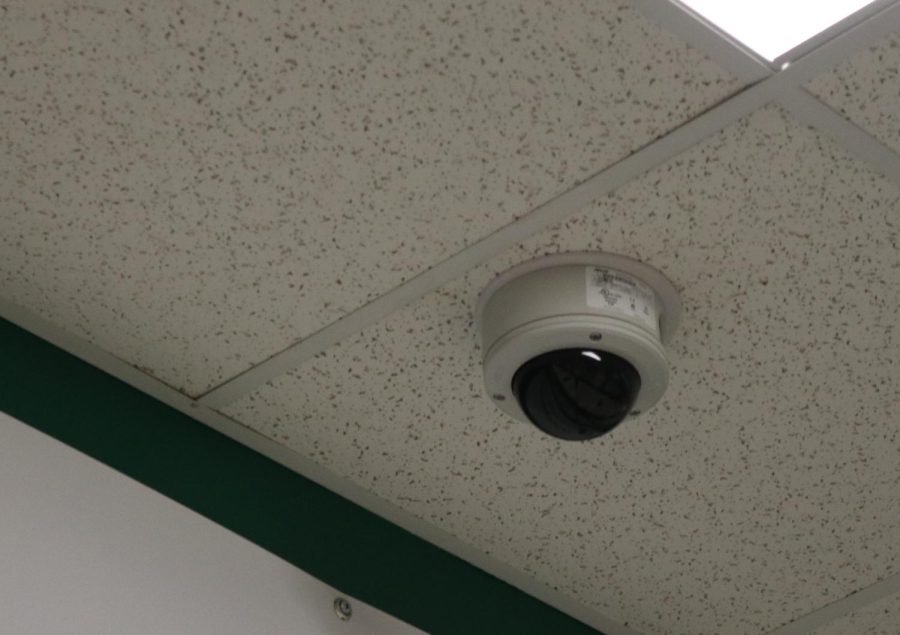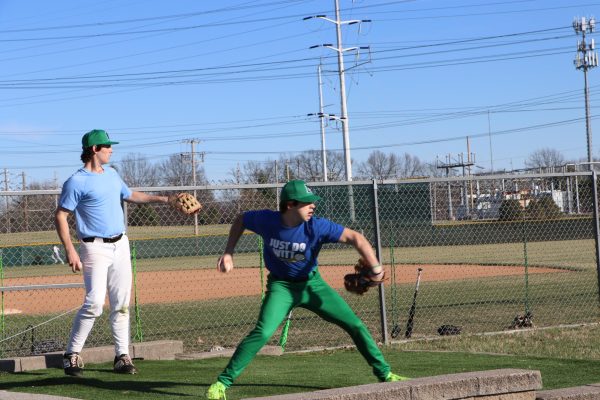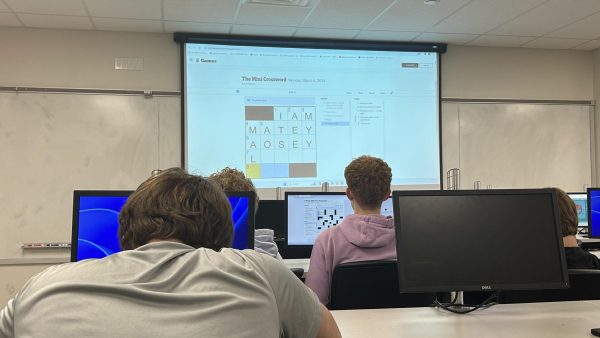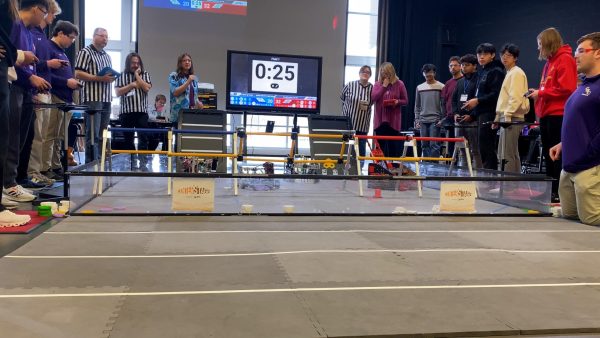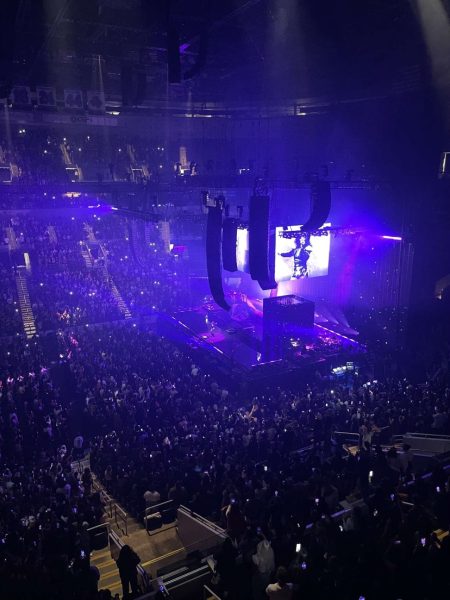Opinion: Security Cameras Don’t Belong in Schools
Media by Anvi Talyan
Though we have cameras in hallways, I think they should remain there and not spread to classrooms. Hallway cameras are there for student safety, but the lawmaker that proposed the bill said nothing on how it would be a safety feature in classes.
During virtual learning, I would hear students share about how their parents would sit in on their classes, watching their child while they learned and listened to the teacher’s lessons.
These stories were shocking to me as I figured most parents wouldn’t be able to take that much time out of their day to monitor their children and would just keep with the common routine of asking about school after it ended. I couldn’t even imagine being in that same situation, where I would be more focused on what my parents might be thinking rather than on the lesson being taught.
Though this situation seemed like a far-off nightmare to me then, it now poses more of a chance of becoming reality.
Iowa lawmakers proposed a bill (H.F. 2177l) that would allow for security cameras in most classrooms, with the exceptions of physical or special education classrooms. The lawmakers state these cameras would only be accessible by the guardians of the students to allow parents to view the classroom content.
There have also been talks last year for teachers in Missouri to be required to wear body cameras while teaching. Even though the argument eventually died down, this recent bill in Iowa only shows the push for parents to control their child’s education.
This accessibility would limit students’ learning and doesn’t take student’s comfort into account.
Even though learning isn’t always the most relaxing activity to everyone, school can offer a break from home and pressuring parents.
If cameras were present while I learn, I would be hyper-focused on how many notes I’m taking or my class participation, things my parents ask me about when talking about my school day.
Schools always place importance on keeping students’ stress levels low, but students having to worry about their parents watching their every move in class would simply add more stress.
This bill also would negatively impact education, as it would only give parents more power to censor their child’s learning.
RSD has already had many problems with the parent-initiated censorship of books and the accusations of teaching critical race theory, and these cameras are yet another avenue for parents to go about making these claims.
Though many parents may believe they are making the right decisions for their children, they are failing to realize education needs to evolve to fit current circumstances. If parents want to know more about their child’s learning, they have the right to attend their school’s curriculum night and gain an understanding that way, without the use of intrusive methods like cameras.
The Iowa bill ended up getting voted against since many education organizations fought against its passage, claiming that the bill was intrusive on student’s education and will lead to increased censorship of important material. Lawmakers decided that the public wasn’t ready for the bill, and that there would have to be more clarification on its purpose to generate a better response to the cameras.
While students may appreciate their parents caring about their education, it may be better if parents just stick with asking the simple question, “How was school?”
Your donation will support the student journalists of Marquette High School. Your contribution will allow us to purchase equipment and cover our annual website hosting costs. You may become a PATRON by making a donation at one of these levels: White/$30, Green/$50, Blue/$100. Patron names will be published in the print newsmagazine, on the website and once per quarter on our social media accounts.

Anvi Talyan, junior, is the Associate Editor for the Marquette Messenger, with this being her third year on staff. Outside of writing, she is interested...



